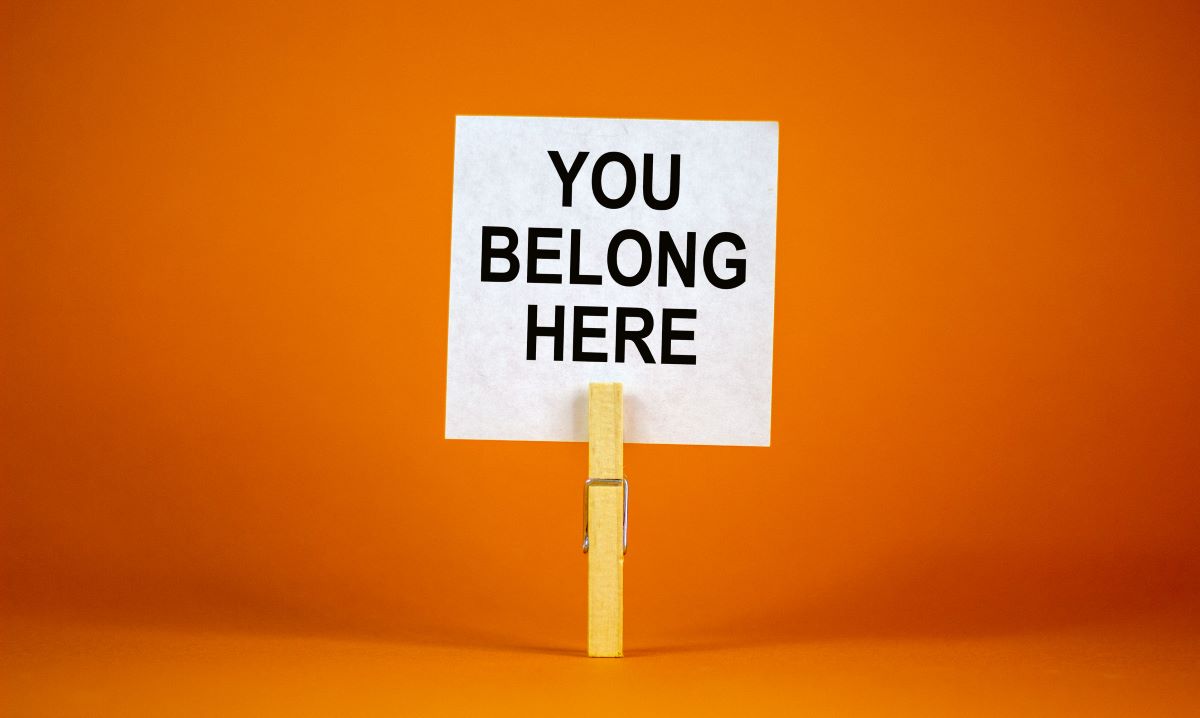Report: 9 recommendations for improving allyship in the workplace
A new report makes the urgent case for promoting allyship in the workplace and addresses the perception gap between those with privilege and those without.

For well-being officers and leaders, helping to create workplace where everyone feels supported, a “sense of belonging,” is a North Star. Activities and programs that create more belonging and inclusion are worth careful consideration—and a new report from Bentley University makes the case that allyship is the key.
Allyship is that active ingredient that can help to push an elusive part of the DE&I puzzle: inclusion. It’s the tool for removing microaggressions and unexamined bias from the workplace. It’s how people with privilege can connect with and uplift those who don’t have privilege.
It’s also complicated.
“Allies don’t fit neatly into one category or identity,” the report shares. “They might hold formal or informal power, they might be part of a dominant or underrepresented group, and they might—like those they are supporting—also experience injustice or inequity. Most often, however, workplace allies are referenced in the literature as the most privileged, dominant group in an organizational setting. Often, this means white men and women.”
What the data says
Become a Ragan Insider member to read this article and all other archived content.
Sign up today
Already a member? Log in here.
Learn more about Ragan Insider.



